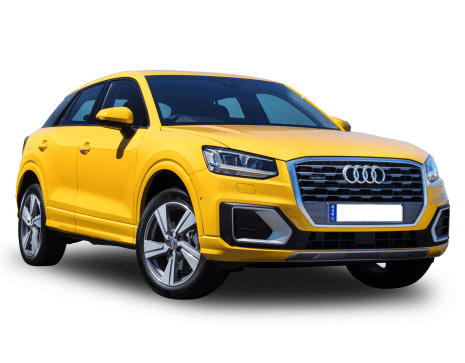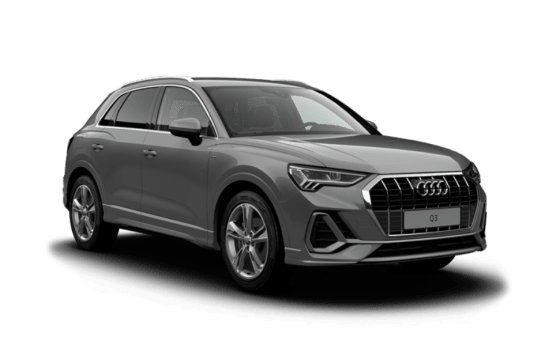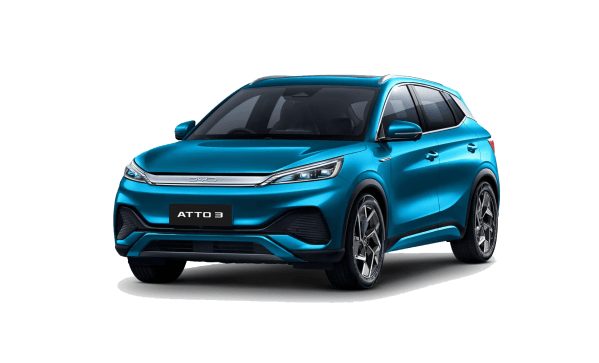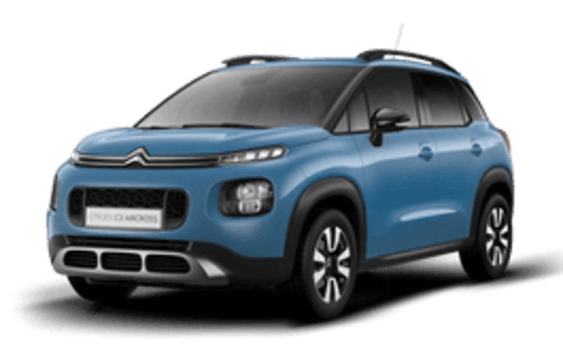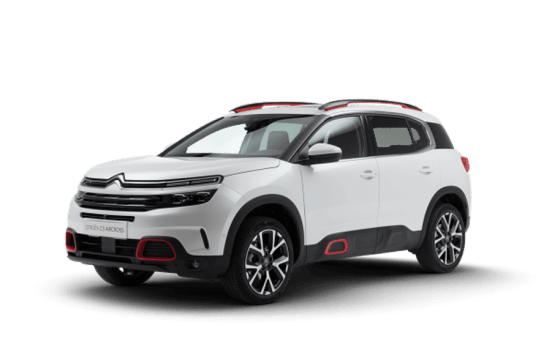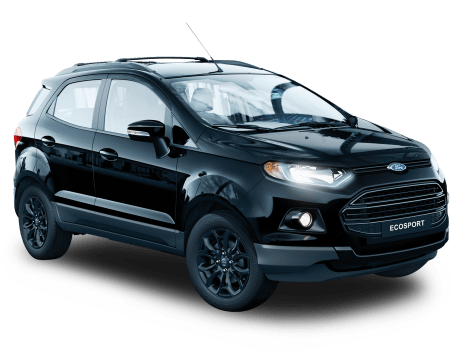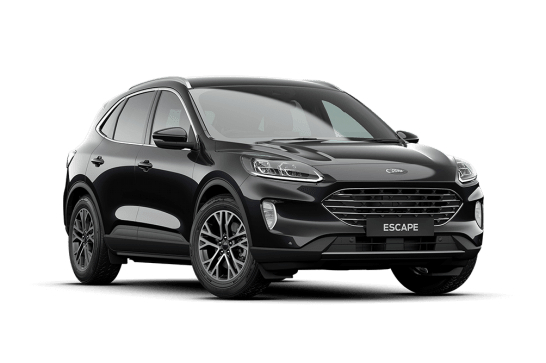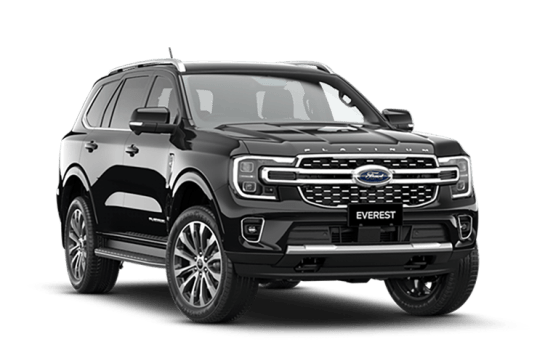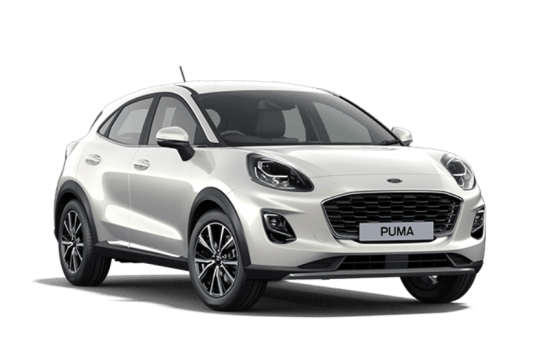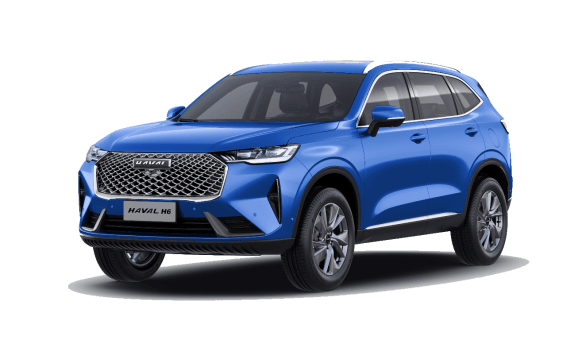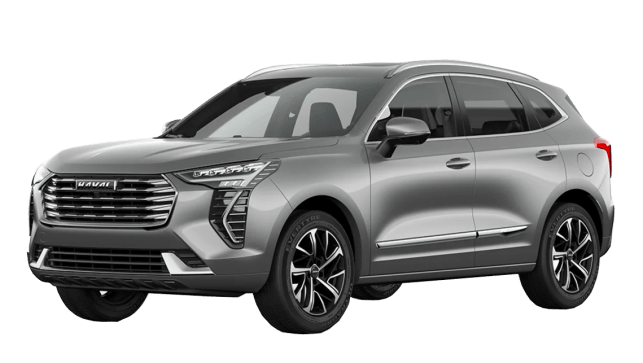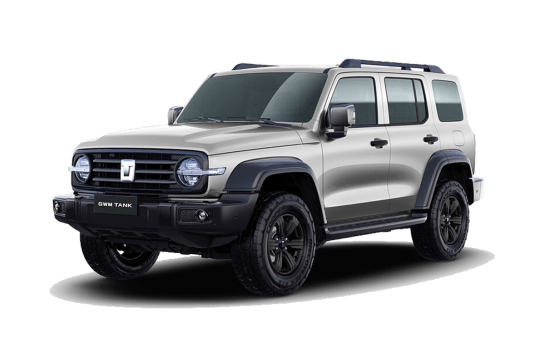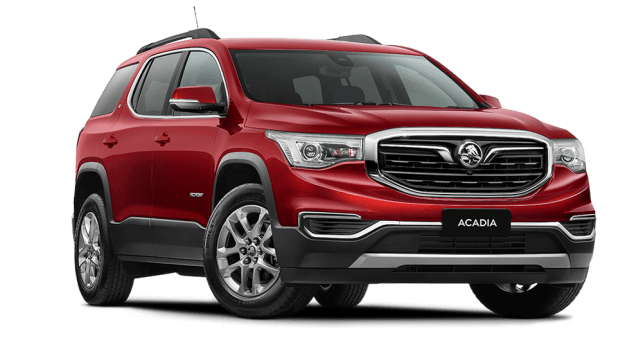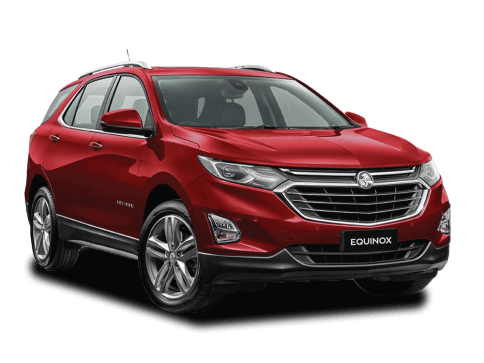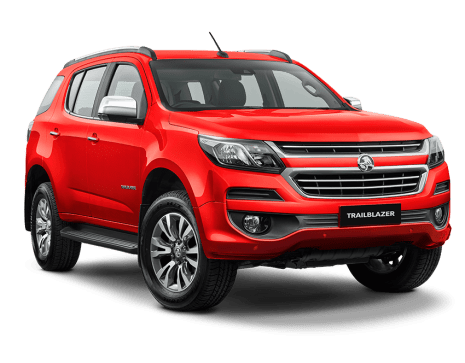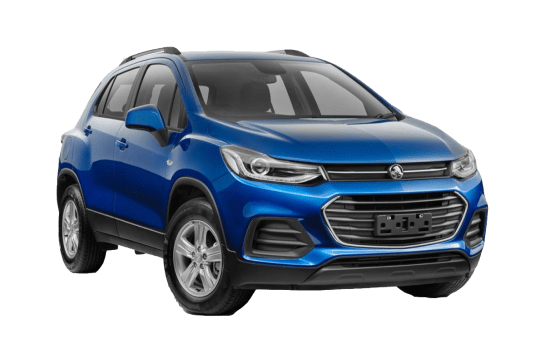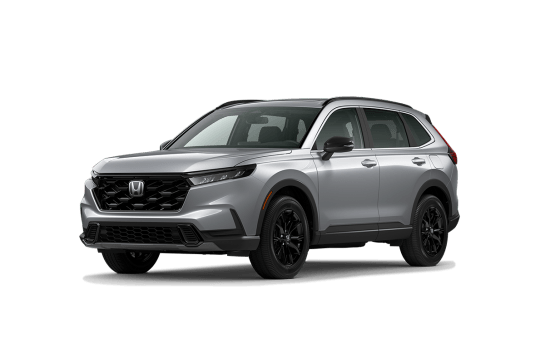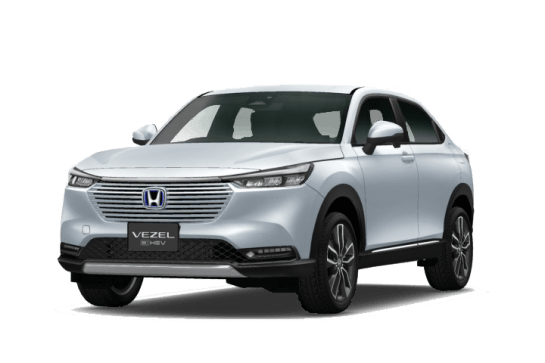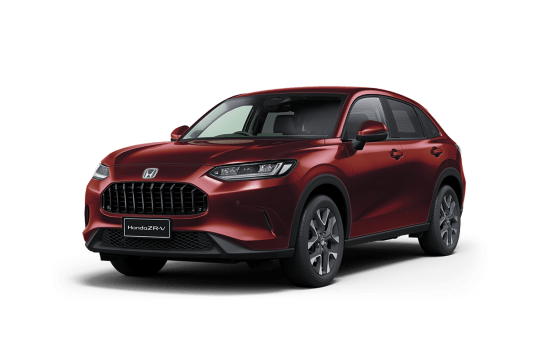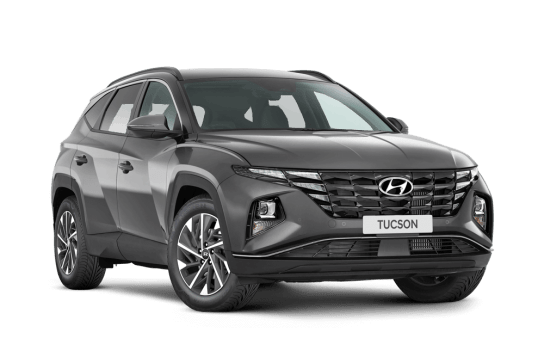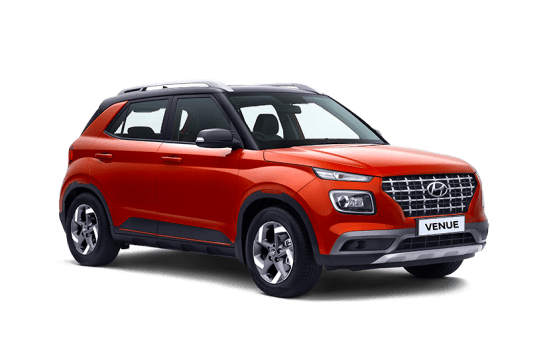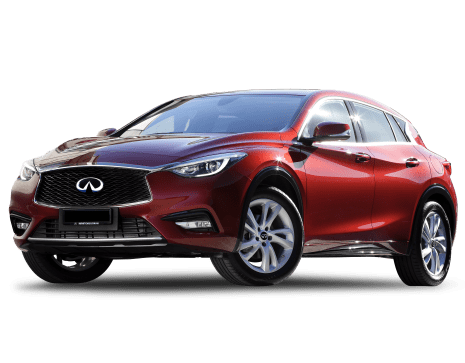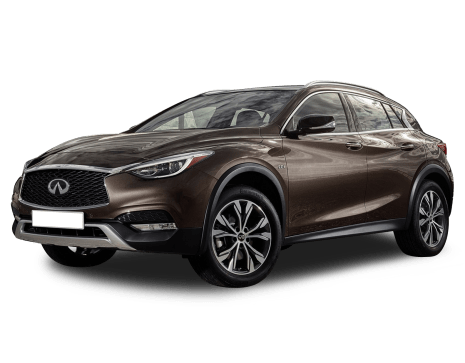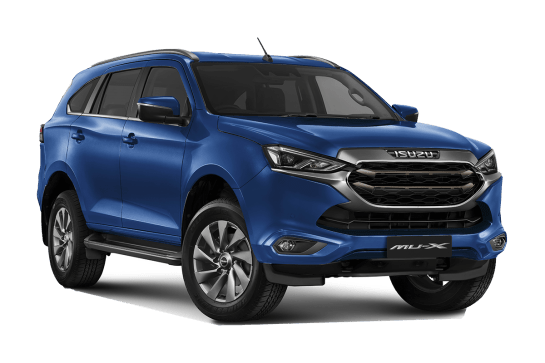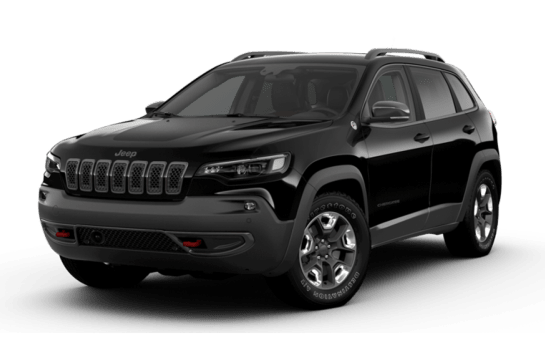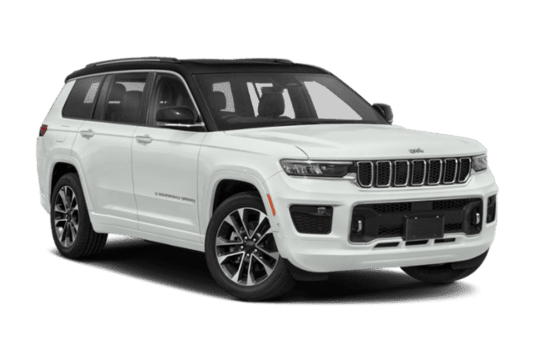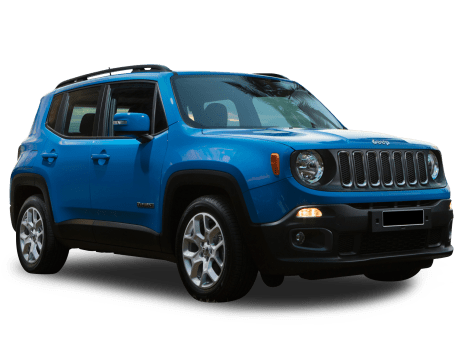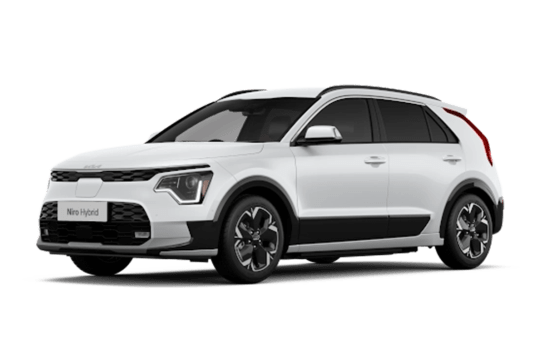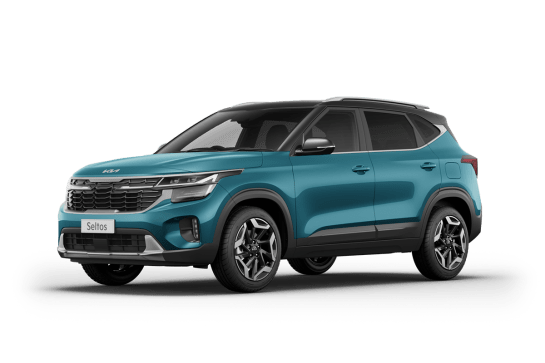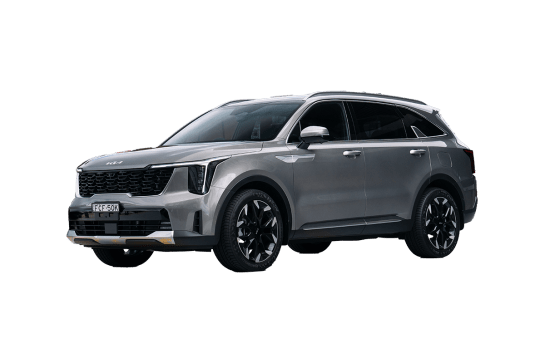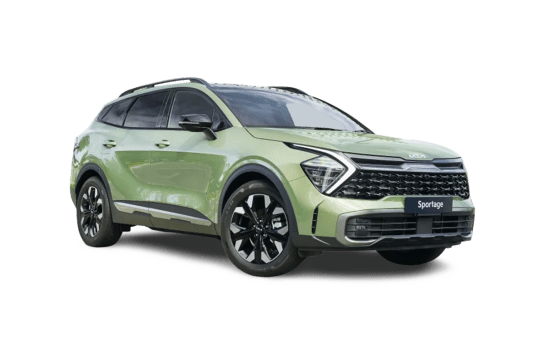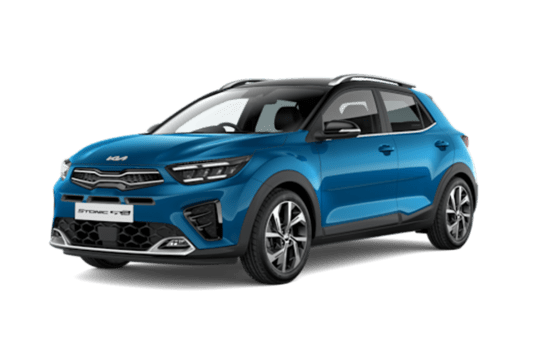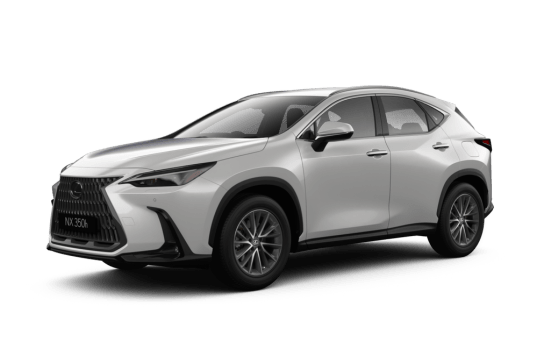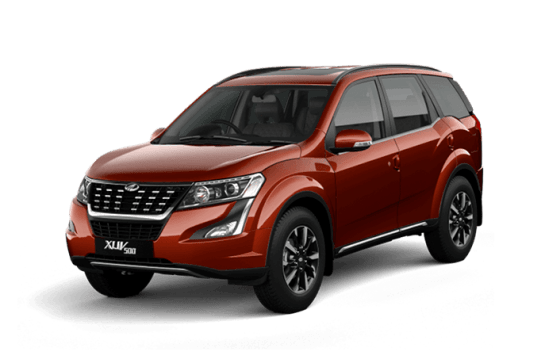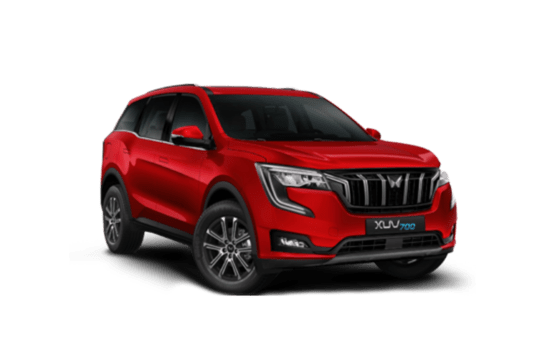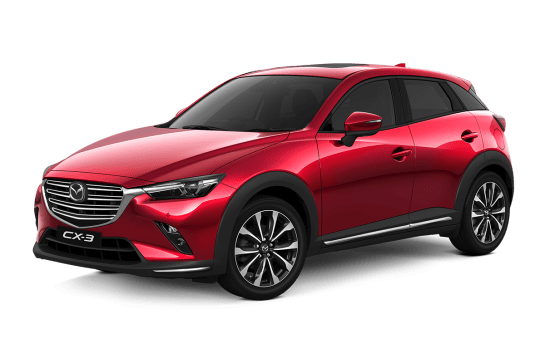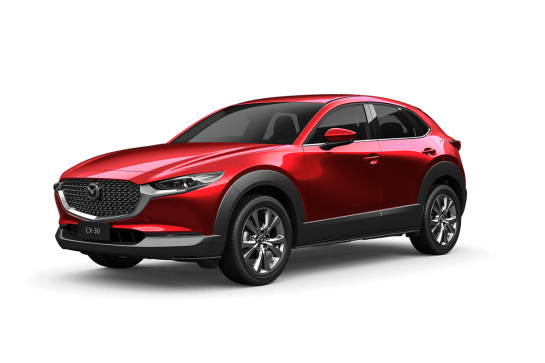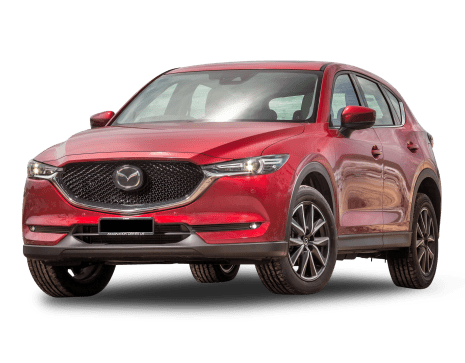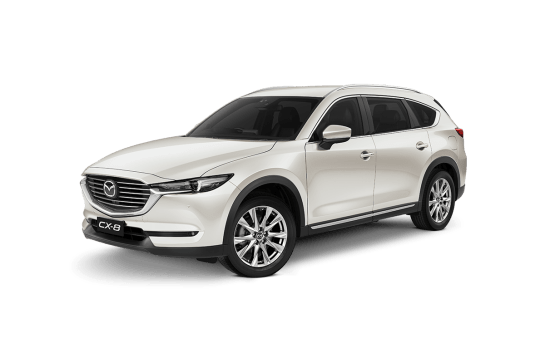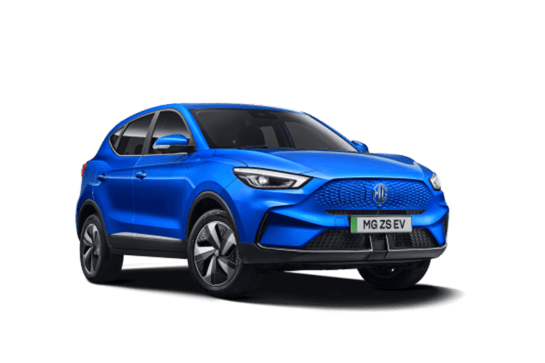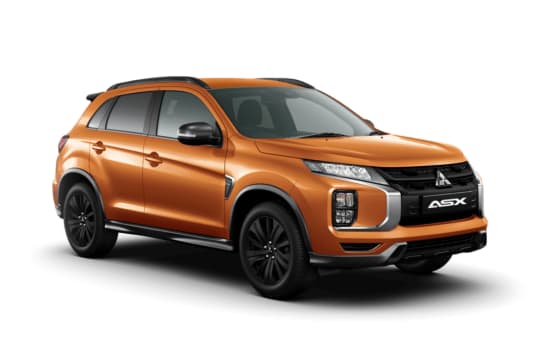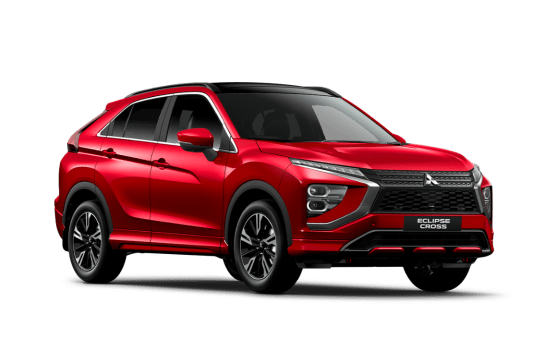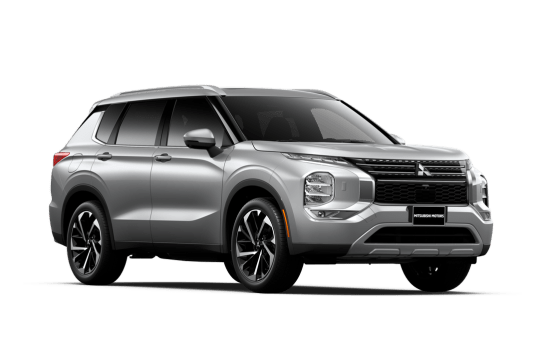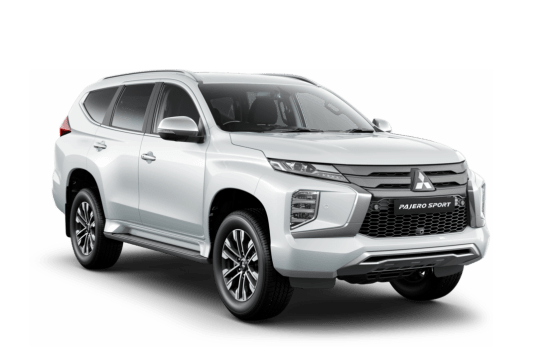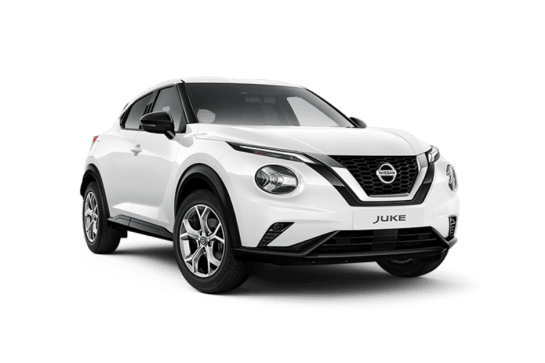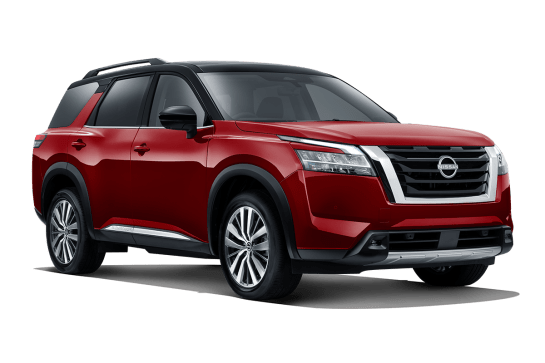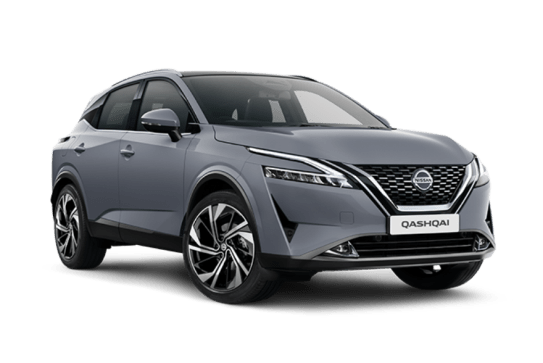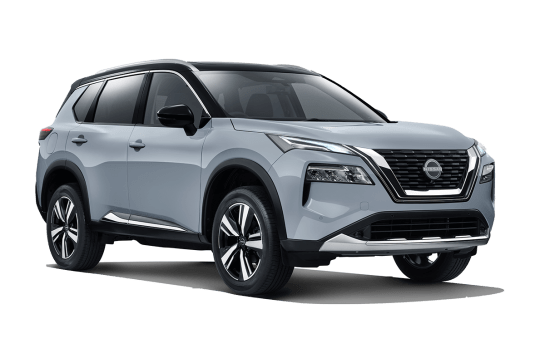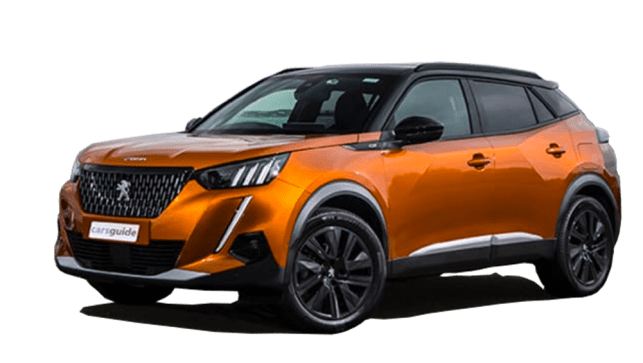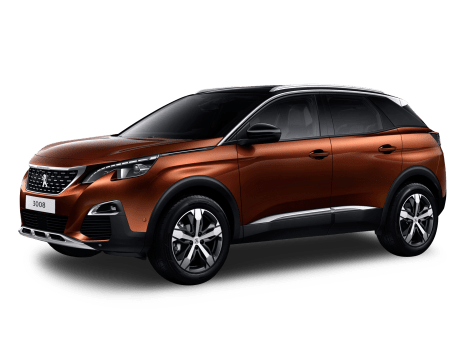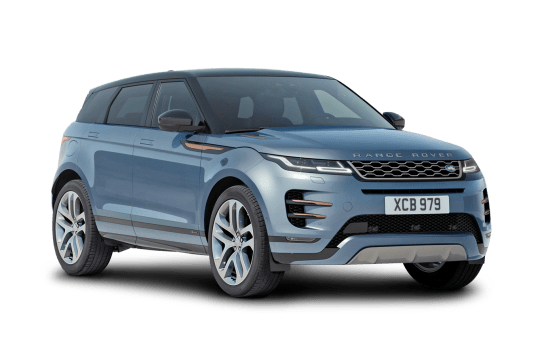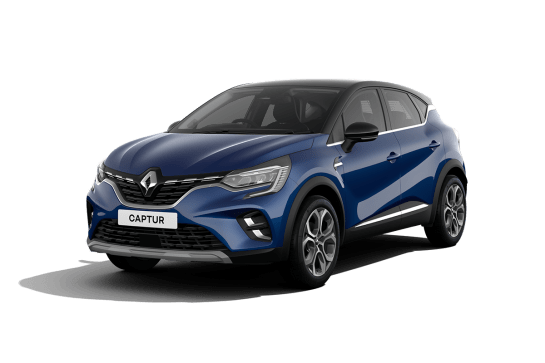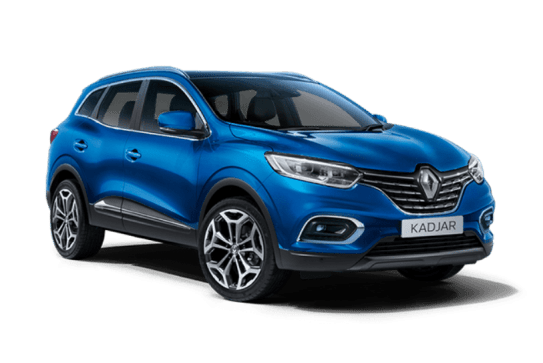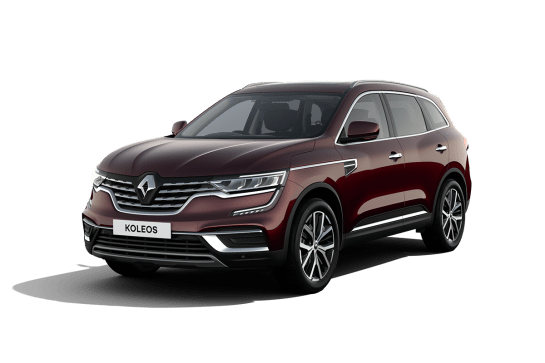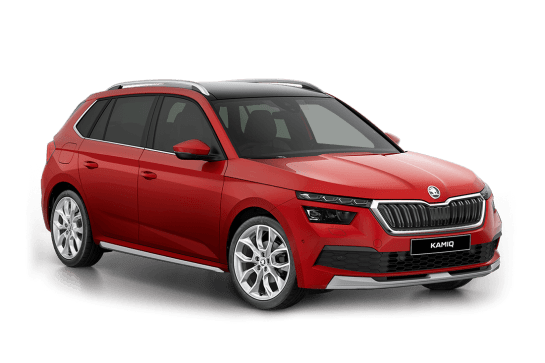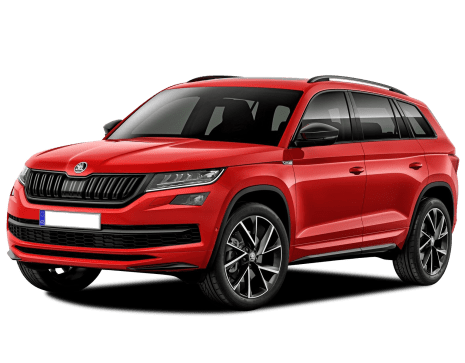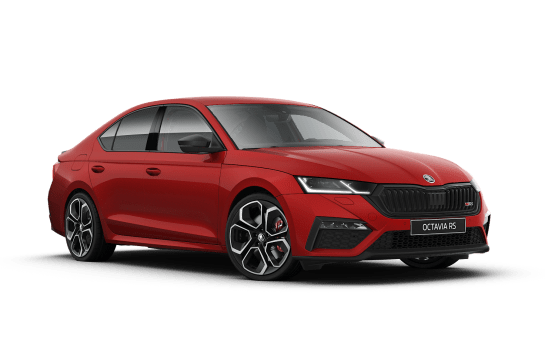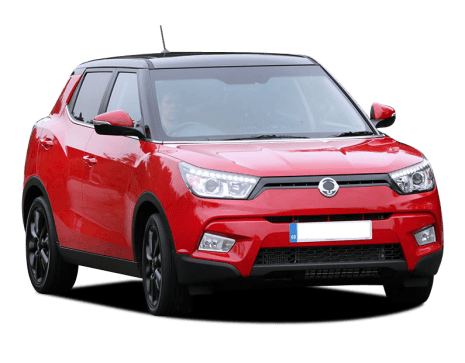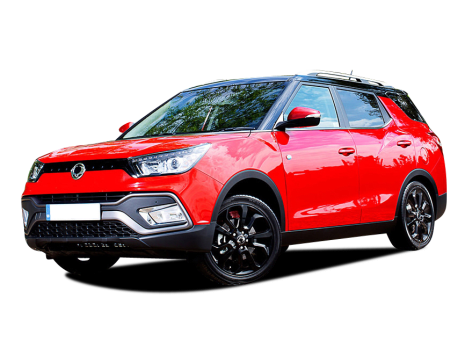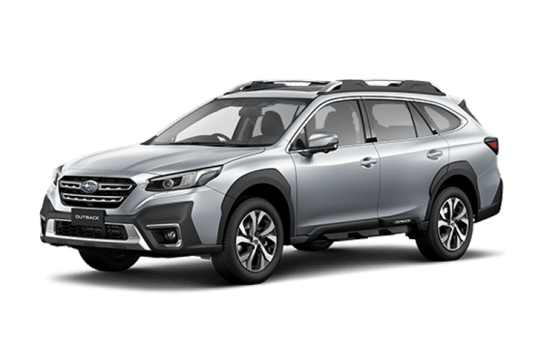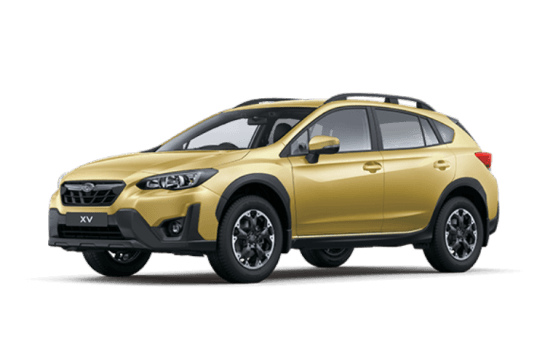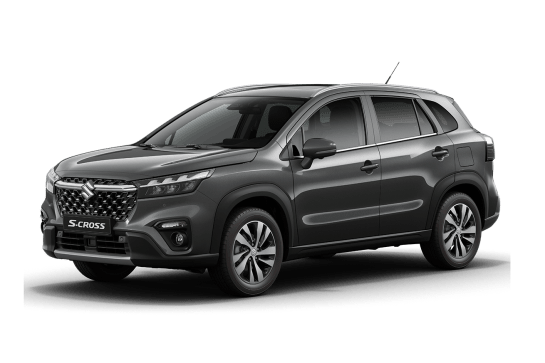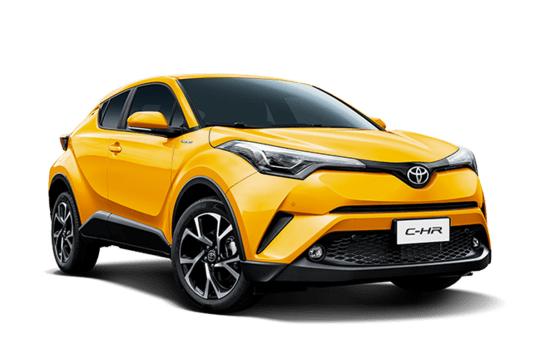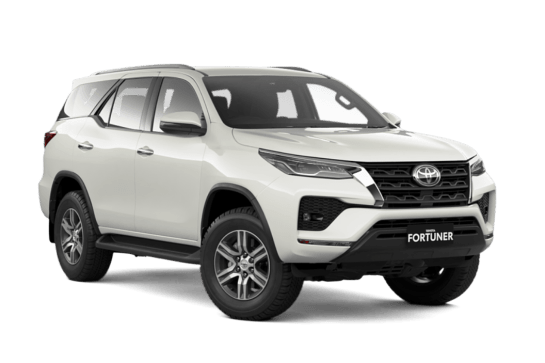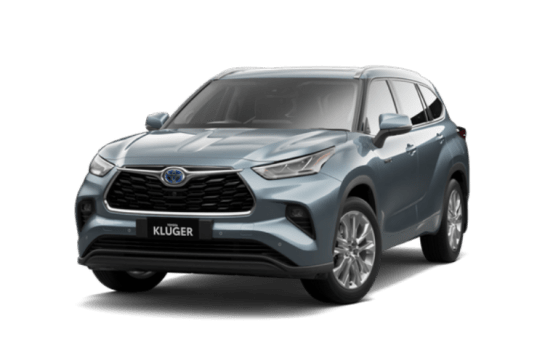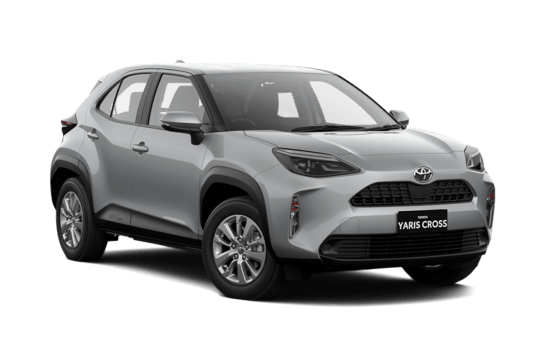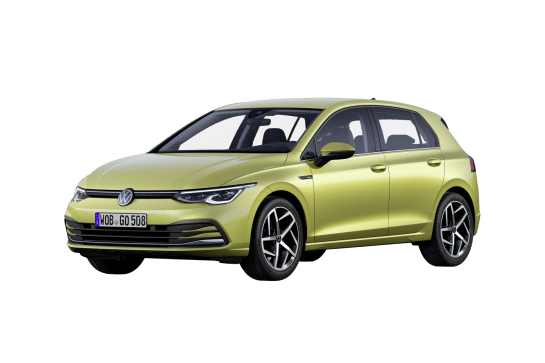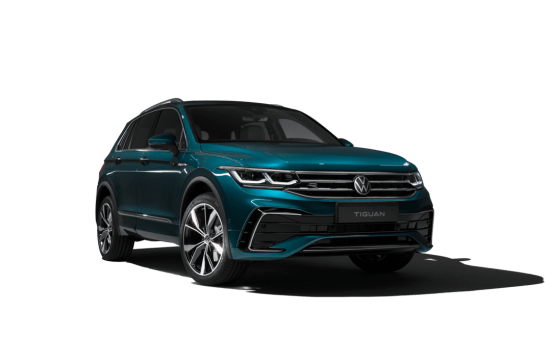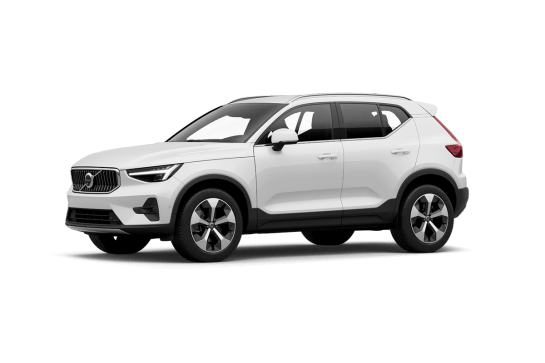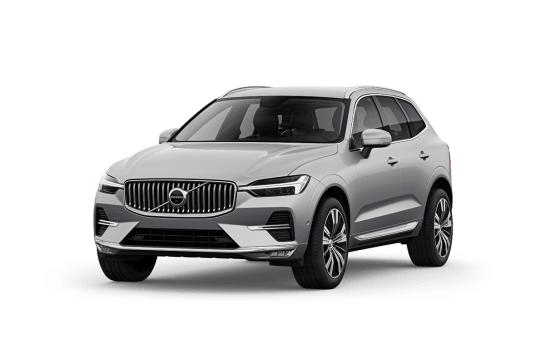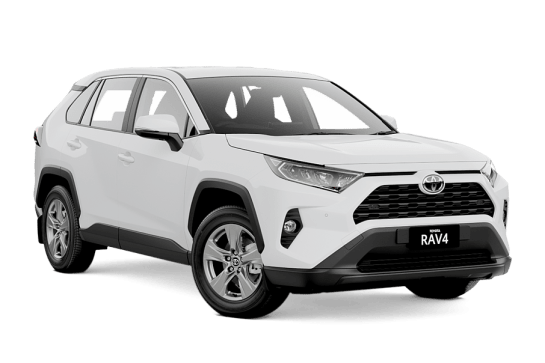
Toyota RAV4 VS Holden Equinox
Toyota RAV4
Likes
- Incredibly efficient
- Lots of features and practicality on offer
- Easy to drive and use
Dislikes
- Cabin noise is too loud for grade level
- Simple cabin design won't be for everyone
- About to be replaced by new-gen model
Holden Equinox
Likes
Dislikes
Summary
Toyota RAV4
Even though it’s expected to be superseded by a sixth-generation model next year, we're reviewing the fifth-gen Toyota RAV4 Hybrid Cruiser 2WD model to see if its hybrid powertrain and features still secures its position as top-selling medium SUV for families.
Aussies love mid-size SUVs in part because they're a tad more practical than their larger cousins, especially in the city.
Read more about
- 2025 Toyota Prado order system changes, but will it affect how and when your Toyota LandCruiser, Toyota RAV4 or Toyota Corolla Cross hybrid arrives?
- Toyota bZ4X 2024 review: FWD
- 'We never say told you so': Toyota says the market has spoken on electric cars as EV sales flatline in Australia, while petrol-hybrids like the Toyota RAV4, Corolla Cross and Kluger soar
You also have a better chance of fitting one inside your garage (unless you use your garage for storage, like me).
| Safety rating | — |
|---|---|
| Engine Type | — |
| Fuel Type | — |
| Fuel Efficiency | —L/100km |
| Seating | — |
Holden Equinox
Make no bones about it; the new Holden Equinox is a very important car for the Holden brand going forward. The medium SUV is dropping into an ultra-competitive, an ultra-popular segment of the Australian marketplace, and it really needs to bring its A-game in order to compete on level terms with incumbents like Mazda's CX-5, the Volkswagen Tiguan and Nissan's X-Trail.
We're also interested to see how the car does in the day-to-day role as an adventure vehicle. Can it cut the mustard when it comes to competing with the best in the class?
| Safety rating | |
|---|---|
| Engine Type | 2.0L turbo |
| Fuel Type | Premium Unleaded Petrol |
| Fuel Efficiency | 8.4L/100km |
| Seating | 5 seats |
Verdict
Toyota RAV48.4/10
The Toyota RAV4 Cruiser Hybrid 2WD model reaffirms why the RAV4 is so popular in Australia. It offers families space, convenience and features in a well-priced and handsome package. The cabin noise might be an ick for some but for everything else this model offers it could be overlooked.
Holden Equinox6.5/10
The Equinox is a box jump in front of the old-school Captiva… but we wonder if it’s enough to stay up with current crop of medium SUVs. Its adventure chops, too, are restricted to light gravel and snow work, though its sheer capacity for luggage stands it in good stead.
Has the Holden Equinox made enough of a jump to get onto your consideration list? Let us know below.
Design
Toyota RAV4
In anticipation of the next-gen model, there hasn't been any design changes for the RAV4 - it remains a good-looking family SUV despite being a little heavy-handed with its angles.
Some external design highlights include garage friendly dimensions and a host of black accents across the body, including 18-inch alloy wheels that help to create an edgy kerb-side appeal.
Head inside and the RAV4 Cruiser offers a premium cabin-feel with its leather upholstery and large tech screens that headline the dashboard.
As always, there is a sense that design is based on functionality rather than style, which is typical of Toyota, but the simplicity makes the cabin relaxing to be in.
You’re not overwhelmed by touchpads or gadgets as can be the case in other new cars and there is a certain charm about that.
Holden Equinox
While Holden was able to have some influence on the nose and tail treatment, you’re looking at a Detroit special that’s meant to do business in all four corners of the world. It’s inoffensive enough... but inoffensive may not be enough in such a hard-fought retail space.
Traces of GM’s dalliance with split grilles remain, but thankfully it’s underplayed, while the side profile still allows for plenty of light to get into the cabin.
Inside, it’s better than the long-serving Captiva... but again, it’s a tough space, and the Equinox needs to able to compete against resolved, confident interior spaces from the likes of Mazda and Volkswagen. It’s more shapely and stylish, sure, but it already feels a couple of years old... and the Equinox will be with us for some time yet.
Read More: Holden Equinox reviews
Practicality
Toyota RAV4
The RAV4 continues to impress with its practicality.
Access and comfort for both rows is excellent. The heat and cool functions for the front seats are perfect for all seasons and the two-position memory function on the driver’s side is handy if you often share driving duties with your partner.
The rear row seating is well-padded and middle seaters will love the legroom the lower transmission tunnel offers. Head- and legroom is good in both rows, even for taller adults.
Amenities and storage are also great throughout the car.
Front rowers enjoy a decently sized middle console which I can squeeze my small handbag into, a glove box, two cupholders, two drink bottle holders, a phone tray and two shelves in the dashboard. You also get a sunglasses holder!
In the rear you get a single map pocket, two cupholders and two drink bottle holders, which is enough for my little family of three.
In terms of technology, you get a bunch and the usability is great.
The 10.5-inch touchscreen multimedia system looks really nice and is now the same system that Lexus uses, which is a big plus as it’s much easier to use than the previous Toyota one. The next-gen model should see this upgraded to a 12.3-inch system, which is more in line with its rivals.
You also get built-in satellite navigation, wireless Apple CarPlay and wired Android Auto. CarPlay maintains a strong connection.
There's a multitude of charging options throughout, including a USB-A port, four USB-C ports, a 12-volt socket and a wireless charging pad.
Rounding out the cabin is a boot that offers plenty of space with its 580L capacity and you get a temporary spare tyre, as well as, a retractable cargo cover.
However, the quality of the cargo cover isn't the best and it would be easier to use if it had a handle to grip onto.
The Cruiser model comes with a powered tailgate, which is always handy but the 'warning' alert as it opens or descends is very loud. Truck-reversing-beeping loud. Everyone will know when you open the boot!
Holden Equinox
You'll find five seats aboard the medium-sized Equinox SUV, and there’s no third-row option available in this particular shape. The US-designed and Mexican-built Equinox presents well enough when you jump aboard, with plenty of subtle and not so subtle curves, creases and folds adorning the front of the cabin.
The ergonomics in current Holdens aren’t quite as resolved as they once were, given that its cars are now plucked from other markets rather than being designed from the wheels up for local use. The Equinox, for example, is sold in several other markets and this does lead to knock-on ergonomic differences as GM attempts to create a one-size-fits-most profile.
For example, the indicator and wiper stalks are awkwardly positioned behind the steering wheel. The steering wheel itself is oddly parallelogrammed in its profile, and its very thick rim makes it more difficult for small hands to get comfortable with it.
The seats themselves are very short in the base, too, and don't offer a lot in the way of lateral support. They’re also mounted high in the Equinox, pushing drivers and passengers towards the roof, while the sunroof that's fitted to the LTZ-V drops the headlining down to uncomfortably low levels, both front and rear, for taller occupants.
Luggage space is an excellent 846 litres, which beats the CX-5, Tiguan, Nissan’s X-Trail and Mitsubishi’s Outlander.
Both front and rear seaters are treated to heated and vented seats, while the second row can be dropped with the tug on the lever in the boot area. However, we found it necessary to pull out the weirdly large centre seat headrest in order to get an almost-flat cargo area of some 1798 litres (or one large mountain bike with wheels on) to work with.
Second rowers get a pair of USB ports and a 12-volt charging point, and even though there’s a 230v household socket in the rear of centre console, we couldn't actually make it work with an Australian-spec plug.
The door pockets are very small, and the front doors can only hold bottles in reality. It’s a similar story for the rear. There's a map pocket behind the passenger seat, but not behind the driver. There are two cupholders in a centre fold-down armrest, and there are also ISOFIX baby seat mounts on the outside seats.
A space-saver spare wheel resides under the boot floor, under what has to be noted as quite poorly executed plastic trimming.
When it comes to rear seat occupants, three can sit across the second row quite comfortably, although as mentioned, rear headroom is a little compromised for taller passengers thanks to the sunroof.
Price and features
Toyota RAV4
The model line-up for the RAV4 consists of five variants with each available in front- or all-wheel drive.
The model on test for this review is the Hybrid Cruiser 2WD, which sits second-from-the-top in the line-up and is priced from $51,410 MSRP.
This price tag nudges it to the top of its rivals, the GWM Haval H6 Ultra Hybrid ($45,990 MSRP) and Nissan X-Trail e-Power ST-L ($50,490 MSRP) but the standard equipment for the Cruiser highlights its overall good value.
Premium features include leather-appointed upholstery, electric front seats with heat and ventilation functions, two-position memory function for the driver's seat, a sunroof and carpet mats.
Technology has had a good look in recently with the 10.5-inch touchscreen multimedia system now powered by the Lexus system (much easier to use) and a customisable 12.3-inch digital instrument cluster.
Other tech includes built-in satellite navigation, a nine-speaker JBL sound system, USB-A port, four USB-C ports, a 12-volt socket, a wireless charging pad, digital radio, digital rear view mirror, and a 'Toyota Connect' app with over-the-air updates.
Practical items include keyless entry and start, rain-sensing wipers, dusk-sensing LED headlights, dual-zone climate control, a powered tailgate and directional air-vents in the rear.
For the grade level and compared to its rivals, the Cruiser more than holds its own.
Holden Equinox
The Equinox LTZ-V is offered here with a 2.0-litre turbocharged four-cylinder petrol engine and part-time AWD transmission, along with GM’s excellent nine-speed automatic gearbox.
The LTZ-Z tops the tree for the Equinox range, and sells from $46,290 plus on-roads. Compare that to the CX-5 Akera at $46,290 and the VW Tiguan 162TSI Sportline at $45,990, and you get the idea of how competitive the space is.
There’s plenty of gear aboard the LTZ-V, including Holden’s MyLink infotainment system with Apple Carplay and Android Auto mirroring and sat nav, automatic lights and wipers, LED headlight, DRLs and taillights, leatherette seats that are vented and heated front and rear, an inductive phone charger, Bose six-speaker audio, active cabin noise equalisation, dual-zone climate control with rear vents and four USB ports.
Standard safety kit includes AEB with forward collision alert, rear cross-traffic alert, lane keep assist, roll over mitigation, front and rear parking sensors and auto high beam.
The LTZ-V rides on 19-inch alloys.
Under the bonnet
Toyota RAV4
All RAV4 models have a continuously variable automatic transmission and the same hybrid combination of a 2.5L four-cylinder petrol engine and electric motor which combine to produce up to 160kW of power and 221Nm of torque for front-wheel-drive models.
The combo delivers decent power for an SUV of this size.
Holden Equinox
The 2.0-litre turbocharged four-potter is good for 188kW at 5500rpm, and a healthy 353Nm of torque from 2500-4500rpm. It’s actually the same engine Holden uses in the new Commodore – and like its sedan cousin, the Equinox also uses GM’s truly excellent nine-speed auto ’box.
It’s sold as an AWD, but unless you press the button on the dash, it’s a true front-driver; the rear axle is completely disconnected from the rest of the system in the interests of fuel saving.
Speaking of which, the Equinox demands a diet of 95 RON premium fuel, wich will add to running costs compared to some rivals which will happily accept cheaper 91 RON.
Efficiency
Toyota RAV4
The Toyota hybrid powertrain produces the lowest official combined fuel cycle figure compared to its rivals at just 4.7L/100km and the best theoretical driving range of up to 1170km courtesy of its 55L fuel tank.
After covering a mix of open-road and urban driving this week, the on-test figure is 5.5L/100km, which proves Toyota does hybrids well.
Holden Equinox
Over a brief stretch of 210km of on-road driving, we logged a dash-indicated figure of 12.8 litres per 100km, against a combined fuel economy claim of 8.4L/100km.
Its 55-litre fuel tank needs premium unleaded fuel, and it has a theoretical range of just over 650km.
Driving
Toyota RAV4
The RAV4 Hybrid Cruiser 2WD is stupidly easy to drive which is one of its best qualities.
The driver is front and centre for design, so you don’t have to take your eyes off the road to twiddle with climate controls or changing your music. That makes the driving feel… well, cruisy.
Power delivery is mostly smooth and offers decent punch when you need to put your foot down. However, it can be laggy off the mark from a cold-start, so take care when crossing traffic.
Suspension feels well-tuned for our Aussie roads, even the regional ones, but never feels floaty. This is well-grounded but you do get some roll in corners.
A drawback is the cabin is annoyingly loud once you hit the open-road and there is a wind-whistle near the driver that drove me nuts.
There are also a lot of squeaky/rubbing noises when you hit bumpy roads. However, it is a refined experience around town, when engine noise is all but nil. The urban environment is where it shines.
The steering is direct with a tight 11.4m turning circle, which makes the RAV4 easy to park. It also helps that the 360-degree view camera set-up is top-notch, which is not always the case for Toyota, and you get front and rear parking sensors too.
Holden Equinox
People are voting with their wallets and snapping up medium-sized SUVs in droves, in part because of the wagon shape, and also because of ease of use. The Equinox, unfortunately, lets itself down in this regard, thanks mainly to a turning circle that is frankly ludicrously big.
We initially suspected that perhaps the 11.4m turning circle was a result of fitting the vehicle with all-wheel drive, but every Equinox suffers from the same malady. It's a frustrating experience to turn into your regular carpark spot and find that you've missed it by a metre or more.
Holden's engineers have localised the feel and the ride of the Equinox, and they’ve done a very good job considering that the LTZ-V rides on 19-inch alloys. Well-tuned and matched shocks really soak up the small around-town bumps that are so common in urban environments. On the open road as well, the 1735kg Equinox is controlled, comfortable, and reasonably quiet, though it can wander at the helm a little unless you're keeping an eye on it, thanks to an overly light steering feel.
Safety
Toyota RAV4
The RAV4 has a maximum five-star ANCAP rating from testing done in 2019 and has seven-airbags but doesn’t have a front-centre airbag yet.
It has high individual scores for protection, scoring 93 per cent for adult, 89 per cent for child, 85 per cent for vulnerable road-user, and 83 per cent for its safety assist systems.
The RAV4 has AEB with car, pedestrian and cyclist functions, operational from 10-80km/h (180km/h for car) but it is usual to see the system operational from 5.0km/h.
Standard crash-avoidance safety kit includes blind-spot monitoring, an SOS call button, emergency steering assist, driver attention alert, a rear occupant alert, rear and forward collision warning, rear cross-traffic alert and lane departure alert.
There's also lane keeping aid, traffic sign recognition, an intelligent seatbelt warning, adaptive cruise control with stop/go functionality, a 360-degree view camera system as well as front and rear parking sensors.
You also get a digital rear view mirror, which is great when you have compromised vision out the back window.
There are ISOFIX child seat mounts and three top tethers in the rear row. You might be able to get three seats across but two will fit best.
Holden Equinox
Standard safety in the Equinox is commendably high, and it has held a maximum five-star rating from ANCAP since December 2017. Six airbags, AEB with frontal collision and rear cross traffic alert are fitted as standard, while a haptic seat alert vibrates under your butt should you stray over a centre line or attempt to back into traffic, among other warnings.
Ownership
Toyota RAV4
The RAV4 is offered with a five-year/unlimited km warranty, but you add two more years if you service exclusively with Toyota and on schedule.
There is a five-year capped-priced servicing program and it costs just $260 per service, which is very competitive for the class.
Servicing intervals are reasonable at every 12-months or 15,000km whichever occurs first.
Holden Equinox
Holden increased its warranty duration in July 2018 to five years and unlimited kilometres, and five years of scheduled services will cost $1259, according to Holden’s fixed price service menu. Holden would like to see your Equinox every year of 12,000km.
Bear in mind the additional cost of premium unleaded, though.


